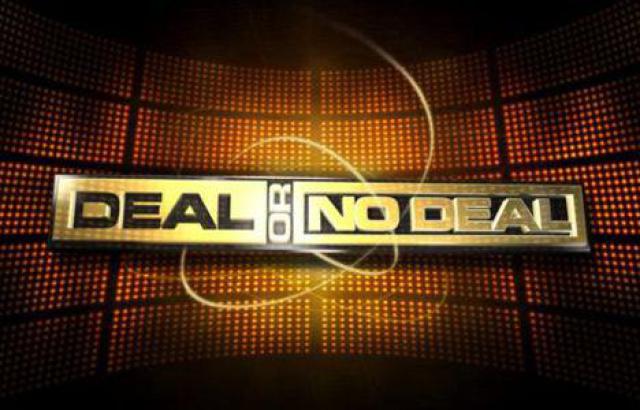
In the ancient days of gaming through the famed Commodore 64, two players could battle one another in a computerized version of “Double Dare,” the popular children’s game show on Nickelodeon. Even though the game came on a 5.25-inch floppy disk, it was pretty entertaining. Contestants answered simple pop culture questions or took part in now-renowned physical challenges with the chance to increase their winnings.
The game came out in 1988, early in the days of home computing when the word Nintendo still did not hold a lot of meaning. Even then it was pretty clear that television game shows would translate well to the video game world. The game did not rate particularly well (check out this review on Moby Games), but it still showed a growing trend.
While games based on television shows are rarely seen as transformative in the gaming industry—no one talks wistfully about an electronic version of “Family Feud”—the games tend to bring sustained entertainment and relaxation value the same as their television originals. Versions of “Wheel of Fortune” and “Jeopardy” have been made in different forms for years. They range from shiny console versions dating back to the original Nintendo up to the more current systems, along with every iteration of home computer or mobile gaming device.
You may spend hours strategizing over how to beat a certain mission in “Grand Theft Auto 5,” but if you want to kill 30 minutes before going to bed it’s hard to beat a game of PlayStation “Trivial Pursuit.” A review of the latest “Jeopardy” game from Gaming-Age covers the genre pretty well.
For years now, the online gaming industry has caught on to the same trend. If people enjoy watching these games on television and playing them on consoles, they will surely translate well to the online world as well. One game that has done particularly well online is “Deal or No Deal” on Betfair’s arcade site. When the show first premiered in 2005, it was an instant sensation and, at times, was on NBC three nights a week during prime time.
The show’s premise was simple yet addictive. A contestant picked one of 26 cases that included a dollar amount. The contestant then opened the other cases—held by attractive models—to learn the amount that was in his or her case. As the game went on, the tension mounted as a mysterious “banker” offered sums of money to bring the game to an end. The game was drastically different in that it required a different set of skills to play. Instead of trivia knowledge or the ability to quickly solve puzzles, “Deal or No Deal” required a player to simply have guts and a little luck. Players constantly risked losing large amounts of money the banker offered in order to acquire more money. Sometimes those risks paid off with a huge payday and other times, well, not so much.
It’s no surprise that “Deal or No Deal” has a life in the world of online gaming. Games based on television shows are incredibly popular and “Deal or No Deal” always presented a level of danger that others games simply did not. While it can be fun to test your knowledge or challenge a friend to answer questions, there is another kind of thrill in having your fate determined by a simple decision based on the simple question: “Deal, or no deal?”





